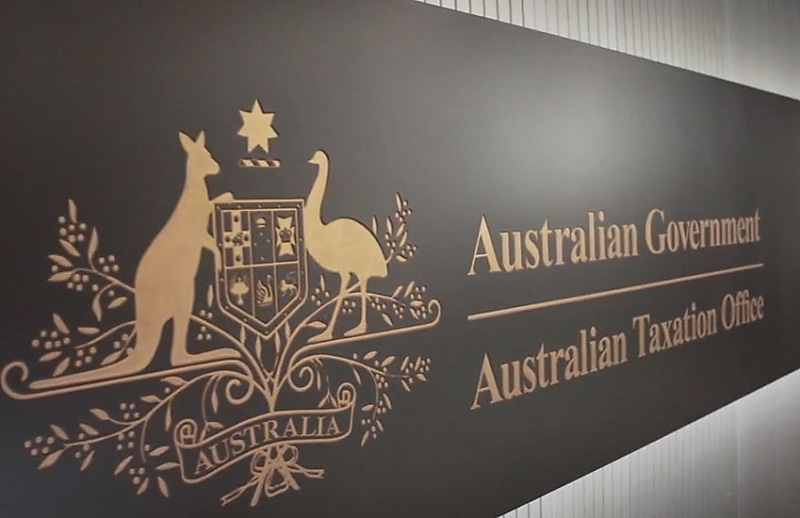ATO debt levels ‘much higher’ than pre-pandemic
BusinessMany troubled SMEs were too optimistic about economic recovery and now need formal repayment plans, says specialist.

Businesses are burdened by higher tax debts than pre-pandemic and many were too optimistic about Australia’s economic recovery, says an ATO debt negotiation specialist.
She said many SMEs owing money to the ATO were carrying six-figure debts – with some above $1 million – and many were surprised by director penalty notices because they were already making payments.

Olga Koskie of Melbourne-based Tax Assure said the mood had changed markedly since COVID and the only way to avoid ATO attention was to be on a payment plan.
“As a result of the pandemic a lot of people are ignoring the debt, and they don't know where to start,” she said. “But the ATO are back actively collecting, and you can't ignore your debt any more.
“We’re seeing a stronger collection position. They are being harder than during the pandemic.”
After sending out thousands of warning letters from April onwards the ATO is now issuing 120 DPNs a day and has referred 1,500 with debts above $100,000 to credit reporting bureaus.
Insolvency rates are back to pre-pandemic levels on the latest ASIC figures, and destined to stay higher according to CreditorWatch and insolvency specialists.
Ms Koskie said Tax Assure clients – who were referred by accountants, business advisers and financial planners – were generally candidates for recovery but the typical debt position was substantially worse than before the pandemic.
“We’re seeing much larger debts than we would have seen pre-COVID. We have got clients with over $1 million and more businesses seem to have larger debt.”
The usual candidates – building, hospitality, tourism – were really suffering, she said but Tax Assure’s eight-member team was now seeing dozens of businesses a week across all sectors.
She said many had failed to anticipate how difficult the economic situation would become.
“The recovery hasn't gone to plan for a lot of businesses. I think it’s a combination of COVID, isolation periods and self-imposed lockdowns, the war in Ukraine, the issue with builders, supply chain issues, cost of goods issues ... all of those have been added to the effect that lots of businesses are feeling with cash flow at the moment, which wasn't expected.”
She said many clients making voluntary repayments had been surprised by ATO action.
“We've seeing a lot of people that believed that they were in a voluntary arrangement and they thought that was sufficient to stop further enforcement action,” she said.
“But what we're seeing now is that unless they're in an agreed, compliant, active payment plan then that won't stop any further recovery action from the ATO.
“So we're seeing some clients get director penalty notices when they thought that everything was okay, but because they didn't have an agreed payment plan it wasn't all okay.”
The ATO was insisting on more formal arrangements across the board, she said.
“Then there's other instances where they might have been sort of on and off, communicating with the ATO that they're going to try and make a payment or a payment’s coming up.
“But what we're now seeing the shift is that they need to be in an agreed compliant active payment plan to guarantee no further recovery action.”
“We help people with tax debt get back into a position of compliance with a payment plan that they can afford … and in certain circumstances, where possible, remission of interest in penalties to reduce the overall debt.”




